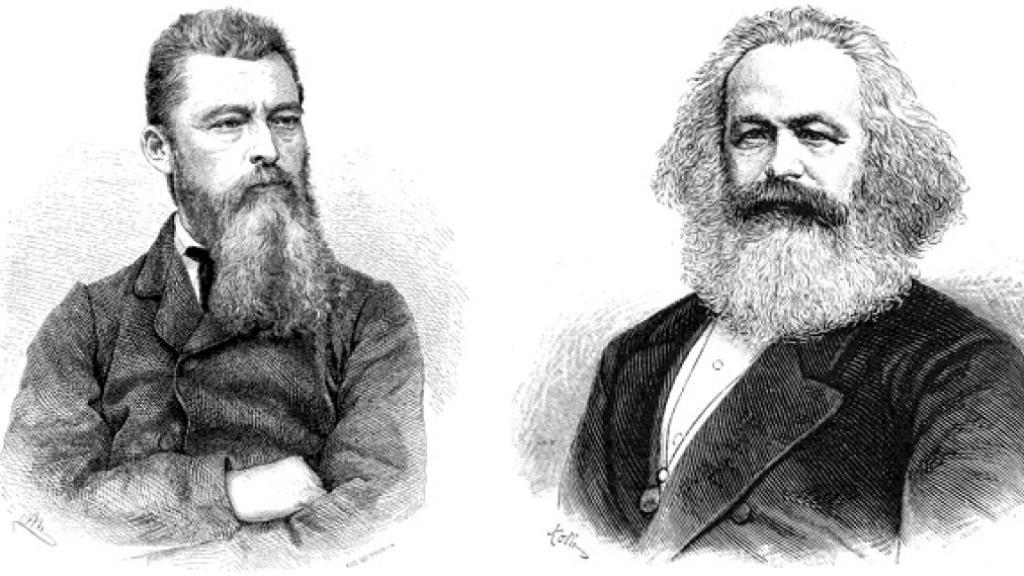1843-1844: Marx’s Feuerbachian phase

It is a widespread, incorrect, and ridiculous stereotype that Marx became a materialist because of Feuerbach. This myth stretches back to the years following the former’s death, thanks to, in part, Engels, Franz Mehring, and, above all, Georgi Plekhanov. As I have shown, Marx was already a materialist before he studied Feuerbach’s works. If he did not break with idealism thanks to Feuerbach, then the following questions arise: did Feuerbach actually influence Marx, and, if so, how? Marx was, in fact, a Feuerbachian, but only for the briefest time, at most a year and a half. Further, having previously adopted Hegel’s dialectic method, he was never a pure Feuerbachian, who suddenly became the mature Marx. We may wake up at some point feeling like we are truly now, this day, an adult, but becoming one is not marking a day on a calendar. Rather it is a gradual process of maturing followed by a revolution in outlook, thoughts, and activities.
Marx’s period of Feurbachianism followed an arc of rising and then descending enthusiasm. This is seen in a number of his published and unpublished works between the years 1843 and 1844. In fact, his most intense period of accepting Feuerbach was only a year. The reports of the latter’s influence on Marx are, therefore, greatly exaggerated. He did not become “at once” a Feuerbachian. It was ultimately because of the fatal defects in Feuerbach’s materialism, which were based in his anti-dialectics, and because Marx had already accepted Hegel, which enabled him to perceive Feuerbach’s limitations. The logic of Marx’s development was such that he would rapidly accept and then discard Feuerbach’s ideas, after filling them with a new content. Analysing this development will show both the continuity of Marx’s project of critique and the genesis of his method.
The Feuerbach Myth only exists thanks to sheer assertions and illogical arguments that appeal to authority. I will prove my points, however, by the only way possible, viz., an actual critical analysis of the sources themselves. This is the only historical scientific approach possible. It may be asked: Even if this is true, why is the myth harmful? Let us consider the words of Prosper-Olivier Lissagaray: “He who tells the people false revolutionary myths, he who amuses them with sensational stories, is as criminal as the geographer who would draw up false charts for navigators.” Of course, truth does not exist without error and the path to reason is necessarily littered with falsity. Still, it is only by means of negating, overcoming the false, that the true is established. Hence the truth is liberatory and error is oppressive. The only Marxist path is to reject philosophical myth and choose scientific truth...
To continue reading download PDF version of full article by clicking linking below.
| Attachment | Size |
|---|---|
| Marx’s Feuerbachian Phase .pdf | 819.52 KB |